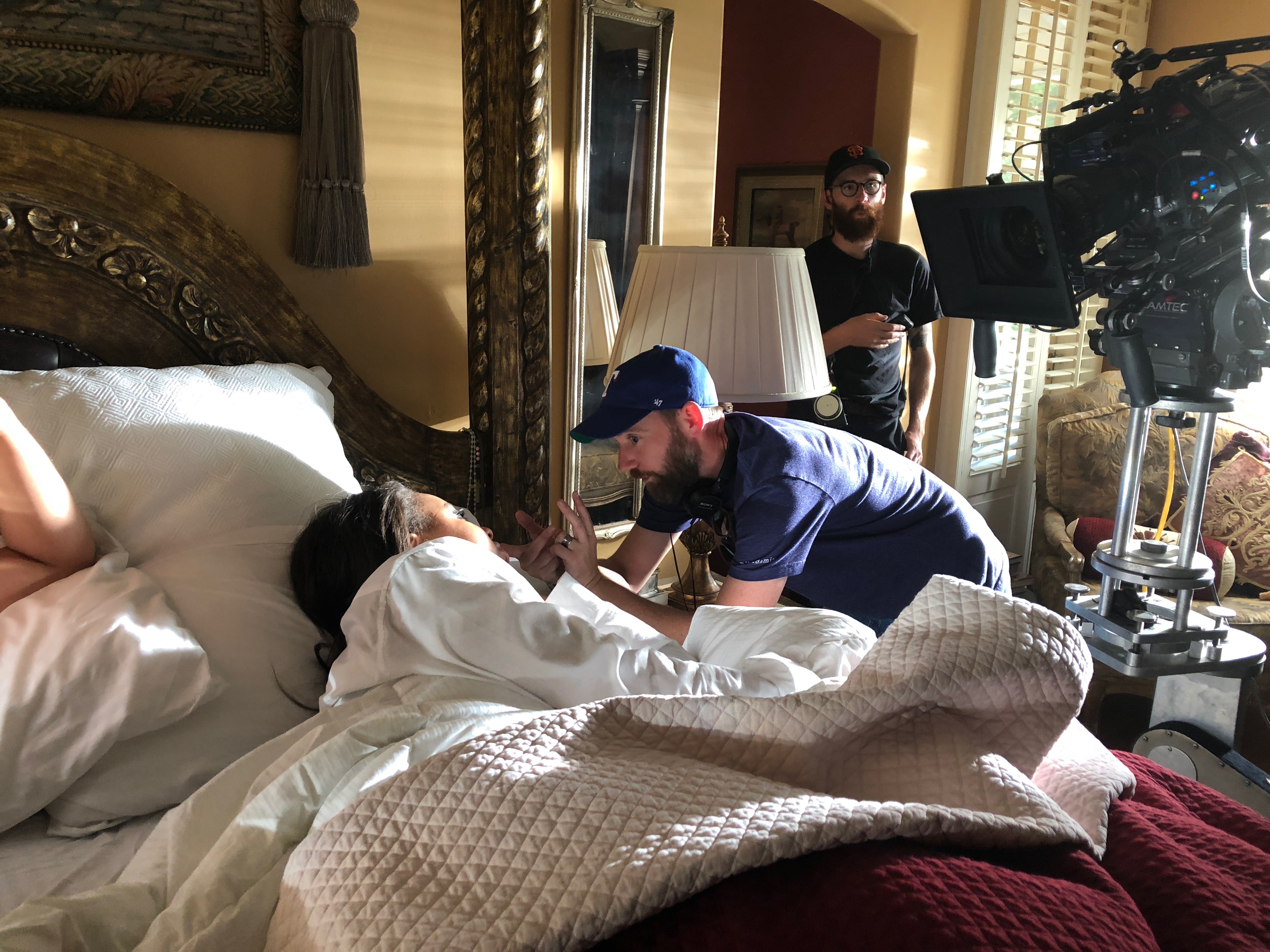B.A. Communication, Radio-TV-Film Emphasis
If you are looking for a career as a senior project manager, a production director, a producer, a runner, a radio station manager, radio announcer, a filmmaker, or a multimedia specialist, then the radio-TV-film emphasis is for you. In addition to a core of communication classes required for all department majors, radio-TV-film students study announcing, video production I, and understanding film.
A Bachelor of Arts degree is intended for students who want a broader education that includes a minor within another field and a foreign language. It requires fewer classes in your major field.
The communication job market is very broad. Just a few positions Southwestern communication graduates have held include hospital vice president, graphic artist, television producer, newspaper editor, radio station manager, photographer, public relations director, television news reporter, and author. Our graduates who have gone on to graduate school have done so very successfully, entering careers in law, business, and pastoral ministry.
Job Outlook
The job outlook in the broad communication field is very bright. More companies are hiring, and students aren’t just finding good opportunities, some are weighing multiple offers. Internships often turn into full-time positions.
Earnings
Although this will vary widely by region and position, the most notable salary improvement in recent years is for grads with degrees in business or communication. Both groups are seeing a 2.2 percent annual salary uptick thus far. According to aol.com online, this salary improvement is ahead of computer sciences, education, engineering, health sciences, humanities/social sciences, and math and sciences.
Educational Qualifications
Most entry-level positions in the many fields of communication may be obtained with an undergraduate degree. However, a graduate degree in communication will often provide career advantages.
To view general education requirements for this major, please visit the catalog.
Careers
Communication is a broad field with many new jobs being created every year. The U.S. Bureau of Labor Statistics lists more career opportunities for communication graduates than any other field. In addition to the media world, graduates find communication assisting them in careers in government, healthcare, law, business and many other fields.
Professions
- Reporter
- Editor
- Writer
- Public Relations Director
- Advertising Executive
- Radio Station Manager
- Radio Announcer
- Video Editor
- Filmmaker
- TV Producer
- Development Director
35%
Communication graduates earn 35% more than the national average.

B.A. Communication Radio-TV-Film Emphasis | ||
| Item # | Title | Credits |
| COMM 110 | Communication Media | 3 |
| COMM 112 | Announcing | 3 |
| COMM 125 or COMM 224 | 3 | |
| COMM 137 | Media Techniques | 3 |
| COMM 237 | Video Production I | 3 |
| COMM 261 | Media Writing I | 3 |
| COMM 335 or COMM 343 | 3 | |
| COMM 355 | Understanding Film | 3 |
| COMM 361 | Media Writing II | 3 |
| COMM 431 or COMM 451 | 3 | |
| COMM 481 | Senior Portfolio Seminar | 1 |
Total Credits: | 31 | |




